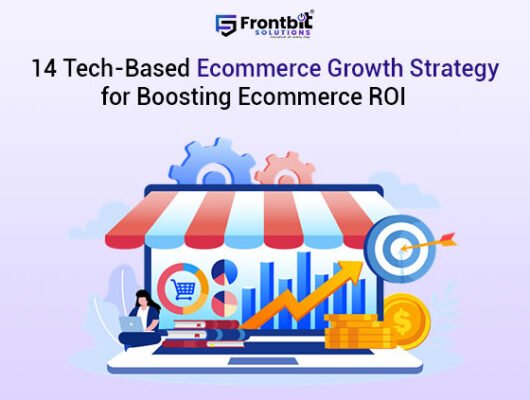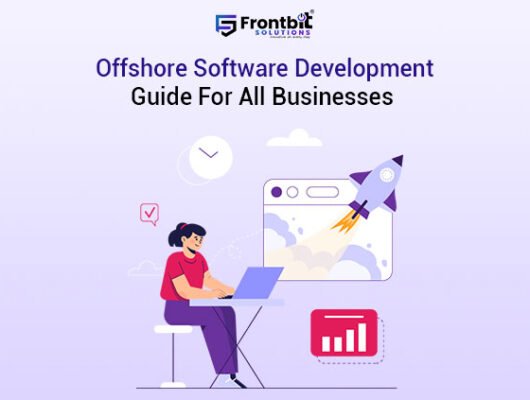Ecommerce has become an undeniable force in today’s business landscape. For many businesses, it’s not a question of “if” but “when” to embrace the online selling opportunity. Ecommerce offers a wealth of benefits that can propel your business forward, reaching new customers, expanding your reach, and boosting your bottom line.
Objectives of Ecommerce
Let’s dive into the key objectives of incorporating ecommerce into your business strategy:
- Increased Sales and Market Reach: Ecommerce transcends geographical limitations, allowing you to sell to a global audience 24/7. This expands your customer base significantly, driving sales and revenue growth.
- Enhanced Customer Convenience: Customers can shop from the comfort of their homes, on their own schedules. Ecommerce platforms offer features like detailed product information, easy search functionalities, and streamlined checkout processes, creating a smooth and convenient shopping experience.
- Improved Brand Awareness: Your online store acts as a digital storefront, constantly promoting your brand and products. By strategically utilizing content marketing and social media integration, you can amplify your brand message and build stronger customer relationships.
- Data-Driven Decision Making: Ecommerce platforms provide valuable customer data and insights into buying behaviors. You can leverage this data to personalize marketing campaigns, optimize product offerings, and make data-driven decisions to improve your overall business strategy.
Components of a Successful Ecommerce Platform
Now that we’ve explored the objectives, let’s look at the essential components that make up a successful ecommerce platform:
- User-Friendly Website Design: Your website is your online storefront, so it needs to be visually appealing, easy to navigate, and optimized for mobile devices.
- Secure Payment Gateway: Provide customers with a safe and secure platform to complete transactions.
- Comprehensive Product Information: High-quality product descriptions, images, and videos are crucial for informing buying decisions.
- Efficient Shopping Cart and Checkout Process: Make the checkout process quick, easy, and transparent to avoid cart abandonment.
- Inventory Management System: Maintain accurate inventory levels to ensure product availability and customer satisfaction.
- Customer Relationship Management (CRM): Build stronger customer relationships by managing interactions, providing excellent customer service, and fostering loyalty programs.
Functions of Ecommerce Websites
Ecommerce platforms perform a variety of functions that streamline your online business operations:
- Product Display and Management: Showcase your products with detailed descriptions, variations, and high-quality visuals.
- Order Processing and Fulfillment: Manage orders efficiently, track inventory, and ensure timely product delivery.
- Payment Processing: Securely accept payments through various payment gateways.
- Marketing and Promotions: Run targeted marketing campaigns, offer promotions, and implement loyalty programs to attract and retain customers.
- Customer Service: Provide responsive customer support through various channels like email, chat, or phone.
Ready to leverage the power of hybrid development for your business? Contact Frontbit Solutions today!
We can connect at info@frontbitsolutions.com or you can give us a call at +919624109307 also DM on WhatsApp https://wa.me/919624109307.







